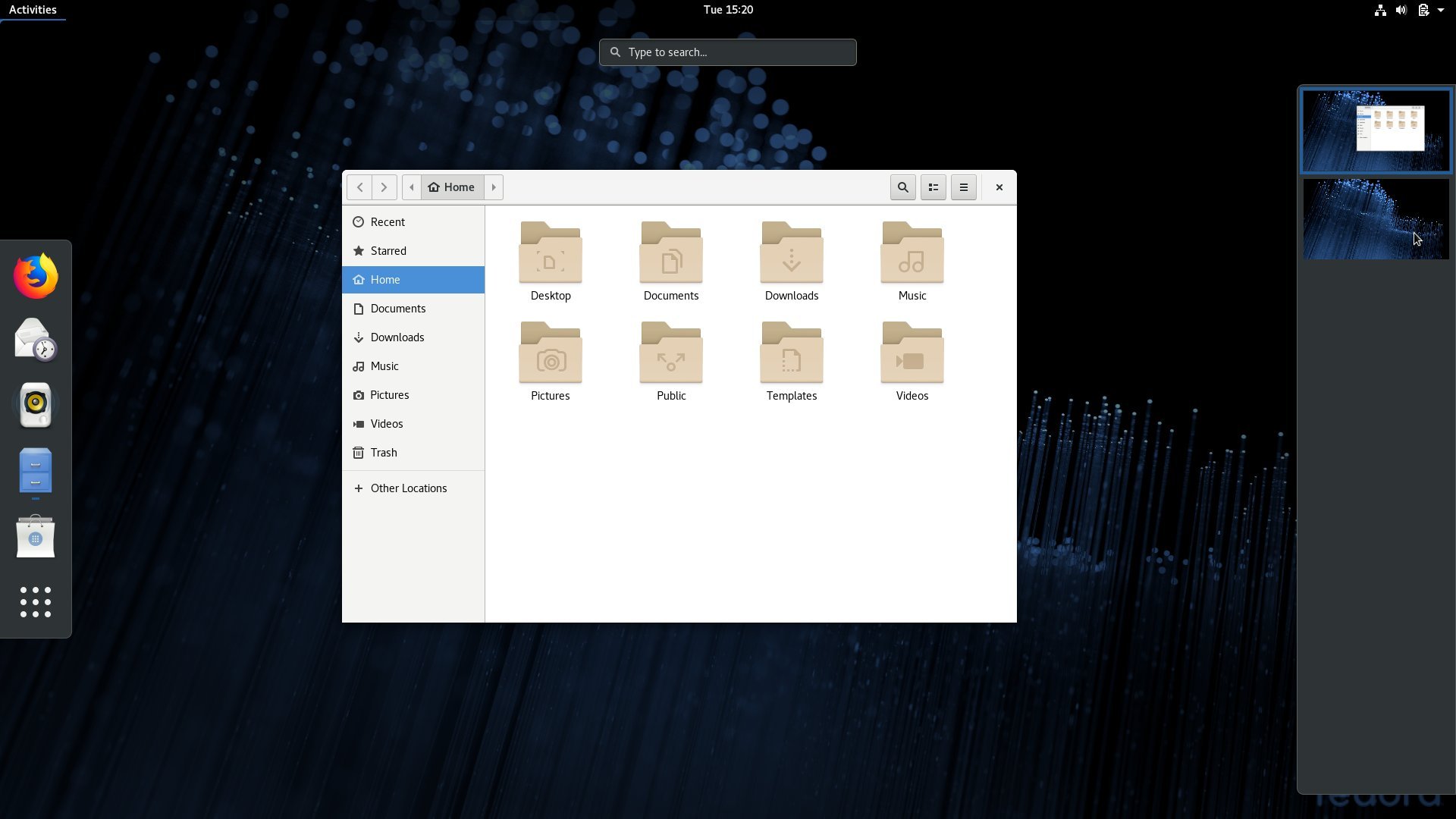

This protects your browsing from any prying eyes, so long as you use Safari. With the introduction of iCloud+ (the paid tiers of iCloud) towards the end of 2021, Apple did add Private Relay to the feature-set. Any data you store on the service is accessible only by you, as the encryption key is held on your device rather than the pCloud servers.

PCloud offers client-side encryption via its Crypto Folder, though it is a paid extra. This means that with the latter, Apple can technically see the files in an unencrypted format. Security is also different for the two services, with iCloud offering end-to-end encryption only for elements such as the Keychain (passwords), payment information and health data, while other areas (Mail, Notes, iCloud Drive etc) are securely transferred to Apple’s servers where they are then encrypted. The standard versioning from pCloud is 15-days, but if you sign up to a paid tier (see below) then this can be extended up to a year. So, really, iCloud is purpose-built to be Apple-only. While you can access iCloud through the web version, which makes it available for non-Apple users, it’s not great. ICloud also links straight into Apple’s iWork apps (Pages, Numbers and Keynote) so you can use it as your document storage online. The only limitation is that you’ll need enough iCloud storage capacity to be able to store all the data (we discuss the costs below). The iCloud Drive folder acts as a synced drive with the iCloud servers, so whatever you put in there will be available across all your devices. As mentioned above, this is a file-syncing service rather than a back up, so deleting a photo on one device deletes it on all of them. You’ll still be able to view the photos on your device, but these will be lower-res versions that won’t take up as much space.

For example, you can store high res versions of your photos in iCloud, rather than on your iPhone, freeing up space on your iPhone. This is not a back up – it’s a way to store all your files in the cloud so you can view them on all your devices. In many ways, iCloud is essentially an extension of the storage on your device. What can you back up with iCloud and pCloud? Both have web-based versions you can use, but the better user experience is definitely found in the apps.


 0 kommentar(er)
0 kommentar(er)
